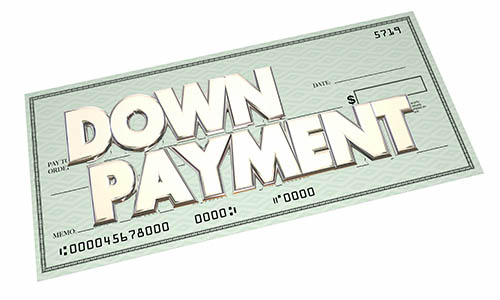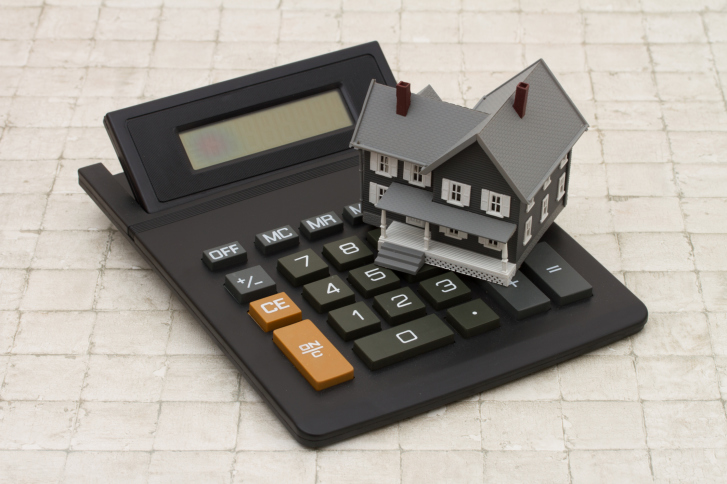 A home inspection may be one of the last things that needs to be done before the deal is sealed. However, it’s very important to have a proper inspection done so that you can ensure you’re offering price is appropriate for the home you’re getting. If you’re prepping for an inspection soon, here are some things you’ll want to consider beforehand.
A home inspection may be one of the last things that needs to be done before the deal is sealed. However, it’s very important to have a proper inspection done so that you can ensure you’re offering price is appropriate for the home you’re getting. If you’re prepping for an inspection soon, here are some things you’ll want to consider beforehand.
Choose A Good Inspector
Like a good agent, the right inspector is going to have expertise in what they do and know what to look for. They will not only find the small fix-ups, they’ll be able to highlight the potentially huge issues that may arise down the road.
Prepare Your Papers
Your inspector may be able to do their job well on their own, but if you’ve noticed any issues when you’ve visited the house, it’s important to address them. While they may amount to nothing, an inspector will be able to clear up any confusion.
Ask The Questions
Whether you’re experienced with real estate or not, ask the questions you want to ask whether or not they make you feel like a novice. Even if the answer is simple, it will give you the information you’re looking for.
Get The Lowdown
It might seem like a bridge too far, but talking to neighbors in the area can give you a good sense of the overall upkeep of the home. While it’s unlikely you’ll get any unfortunate tales, people in the area may be able to illuminate you on the house’s history.
Partake In The Inspection
It’s good enough for many a homeowner to get a written report, but going along to see the house can facilitate conversation and may give you insights into what to watch out for. It may also mean you have a clearer idea of any potential issues.
Facilitate The Discussion
In the event that there are significant issues with the home, it may be worth talking with the inspector about dealing directly with the contractor. While this may or may not be necessary, it’s a good way to ensure any problems will be effectively communicated and can be rectified.
A home inspection may be par for the course, but by asking the right questions and being involved you can ensure you’ll get the most out of your inspection. If you’re currently in the market for a home, contact your local real estate professional for more information.
 Sometimes a move is unavoidable, regardless of how much you or your kids’ would rather stay in your current home. If your young ones are not looking forward to a change in scenery, here are a few tips to help them make a smoother transition into their new home.
Sometimes a move is unavoidable, regardless of how much you or your kids’ would rather stay in your current home. If your young ones are not looking forward to a change in scenery, here are a few tips to help them make a smoother transition into their new home. One of the challenges you will face when deciding how much money to put down on your new home is whether to put down a larger down payment or to take a bit of money from your down payment and use it to pay “discount points” to lower your interest rate.
One of the challenges you will face when deciding how much money to put down on your new home is whether to put down a larger down payment or to take a bit of money from your down payment and use it to pay “discount points” to lower your interest rate. Whether or not you’re new to real estate, there’s little doubt that you’ve heard the term down payment as it relates to purchasing a home. There’s a lot of different information out there in regards to how much this figure should be and it can be hard to determine exactly what the importance of this payment is. If you’re trying to determine the ideal amount to put down, here are some things to consider.
Whether or not you’re new to real estate, there’s little doubt that you’ve heard the term down payment as it relates to purchasing a home. There’s a lot of different information out there in regards to how much this figure should be and it can be hard to determine exactly what the importance of this payment is. If you’re trying to determine the ideal amount to put down, here are some things to consider. Some people love living in condos, while others swear by detached homes. When it comes to deciding between the two, however, you can’t always rely on someone else’s word.
Some people love living in condos, while others swear by detached homes. When it comes to deciding between the two, however, you can’t always rely on someone else’s word. Are you currently shopping for a new home? While it’s true that real estate transactions can be stressful, this stress can be minimized by following a few simple tips. For example, following proper etiquette plays a big role in making your real estate experience go smoothly, and in this post we’ll share four key etiquette tips that are sure to help.
Are you currently shopping for a new home? While it’s true that real estate transactions can be stressful, this stress can be minimized by following a few simple tips. For example, following proper etiquette plays a big role in making your real estate experience go smoothly, and in this post we’ll share four key etiquette tips that are sure to help.